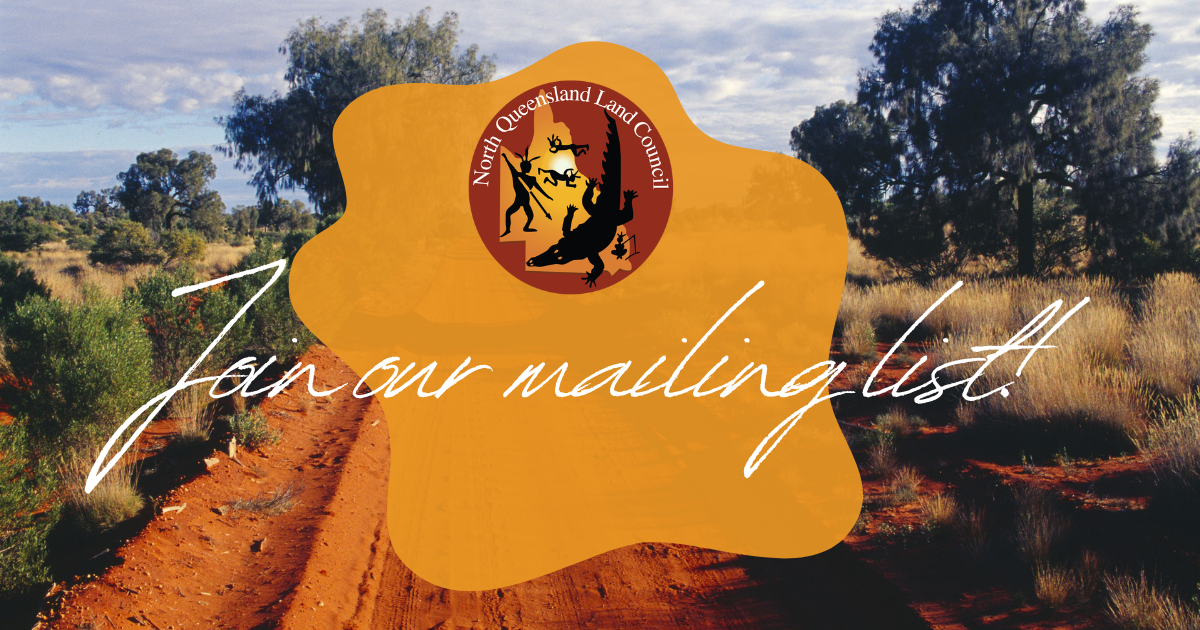What is a Future Act?
A future act is an activity being proposed on traditional lands and waters that may affect native title and interests by extinguishing native title, or by creating interests that are inconsistent with the existence or exercise of native title. This could be mining, exploration, compulsory acquisition, tourism, permitting or other proposed developments.
Under the Native Title Act (1993) (NTA), notification of future acts must be given and this is referred to as a Future Act Notice (FAN). Procedural rights are specifically identified in the NTA. Importantly, registered native title claimants or prescribed bodies corporate (PBCs) do not have the right of veto, that is to say ‘no’, to a future act, but they have other rights – depending on the category of future act – which include:
- the right to be notified;
- the right to comment;
- the right to be consulted;
- rights of an ordinary title holder;
- right to have objection heard;
- right to negotiate;
- right to object to the use of the expedited procedure regime (limited to exploration activities); and
- the right to compensation.
Notification of FANs
NQLC receives many of these notices and provides advice to registered native title claimants and PBCs when receiving FANs under Section 24 of the NTA. NQLC also provides FANs to groups where they do not have a claim or determination as we have statutory notification functions to also inform those people who ‘may’ hold native title. The FAME Unit can also provide assistance in responding to FANs.
For PBCs it is important to note that there is no legal obligation for NQLC to receive your FANs so if you are receiving them directly and do not hear from the FAME Unit please contact us directly if you would like assistance.
A FAN may also impact on cultural heritage. Under the Aboriginal Cultural Heritage Act 2003 (Qld) (ACHA) any person carrying out an act must take all reasonable and practicable measures to ensure the activity does not harm cultural heritage. This is called the ‘cultural heritage duty of care’. If you believe a FAN has the potential to harm your cultural heritage the FAME Unit can also provide assistance.
The right to negotiate
The right to negotiate is a process that is set out in the NTA which must be following receipt of the FAN under Section 29 of the NTA. The right to negotiate applies to exploration (unless it is expedited) and mining tenements (including oil and gas interests) and some compulsory acquisitions.
Every notice is allocated a ‘Notification Date’ and that is the date that triggers the sequence of timeframes. Where there is a registered native title claim or determination, there are some earlier timeframes that do not apply – a registered native title claim or determination gives automatic ‘right to negotiate’ and the critical timeframe is 6 months from the ‘Notification Date’ – this is the period for negotiations.
The negotiation parties are usually the government; the native title party/s and the grantee party (the miner) and the negotiation parties “…must negotiate in good faith with a view to obtaining the agreement of each of the native title parties to…” the doing of the act or doing of the act subject to conditions. Those ‘conditions’ are usually the ‘compensation’ terms negotiated by the parties and terms about protection of cultural heritage. Negotiations should address the effect of the act on native title rights and interests, taking into account the size of the operations.
If agreement can’t be reached between the parties 6 months after the Notification Date – any party can apply to the arbitral body (National Native Title Tribunal – NNTT) for a determination (Future Act Determination Application or FADA).
The FAME Unit provides assistance and legal advice to registered native title claimants and PBCs where a FAN triggers the ‘right to negotiate’, including preparing negotiation protocols, negotiating costs for PBCs, logistical support for meetings, facilitating authorisation or consultation and consent meetings, representation for mediation of FADA with the NNTT and implementation of agreements once settled.
Indigenous Land Use Agreements (ILUA)
An Indigenous Land Use Agreement (ILUA) is a contract between traditional owners and an organisation about how they both wish to use the land. ILUAs are part of the law created by the NTA and can only be made if all the parties agree and sign the ILUA.
An ILUA can deal with the extinguishment of native title or apply what is called the ‘non-extinguishment principle’ for an act that would otherwise have an extinguishing effect on native title rights and interests. They are most commonly used where there is not a related section of the future act regime that can be used, where there is government policy that says that they must be negotiated for an act to occur (i.e. for a tenure upgrade or change in purpose for use), infrastructure projects or for larger mining projects where the proponent elects not to go through the right to negotiate process.
An ILUA can deal with many negotiated terms and they often include terms about the use and management of traditional lands and waters, the conditions upon which activities effecting native title may be carried out, arrangements for cultural heritage inspections and the avoidance of damage to cultural heritage, compensation to native title holders for the loss of native title rights, the way in which native title rights may be carried out, protocols for future negotiations concerning future acts and many other things.
The FAME Unit provides assistance and legal advice to registered native title claimants and PBCs for the negotiation of ILUAs, including preparing negotiation protocols, negotiating costs for PBCs, logistical support for meetings and arranging for authorisation or consultation and consent meetings.
Native Title Decisions
All future acts affect native title, the crucial distinction for determining whether there is a ‘Native Title Decision’ (NTD) is the procedural rights afforded to NT holders and whether a PBC is making a decision.
Different types of decisions can be classified broadly by procedural right:
- Right to Negotiate – yes it is a NTD
- Right to Consultation – yes it is a NTD
- Right to Comment – not a NTD
- Right to be Notified – not a NTD
- Rights of an ordinary title holder – depends on which rights above are afforded
When there is a NTD, the PBC must follow the processes set out in the Native Title (Prescribed Bodies Corporate) Regulations 1999 (Cth) and the Rule Book (if applicable). This includes not only consulting and seeking consent to enter into the agreement or ILUA, but also seeking direction from common law native title holders as to how any compensation negotiated can be spent which is held on trust by a PBC.
When it is the registered native title claimant that is entering into an agreement of ILUA, there is a different process for authorisation, however it still requires the consent of the claim group to enter into an agreement or ILUA, including how any compensation is to be used.




